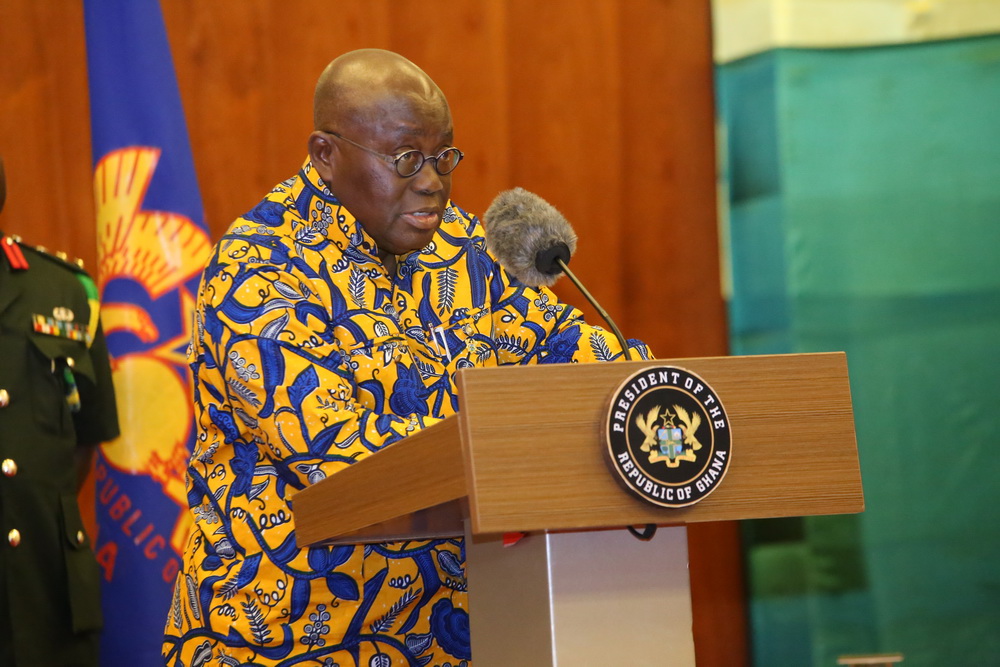
Media dialogue with President promotes accountability
Presidential engagements with the media are not new things in many democracies. They are routine endeavours of Presidents in those democracies.
Advertisement
However, in our part of the world, these face-to-face endeavours take place sparingly, sometimes once during the tenure of a President.
From the onset of the Fourth Republic, our Presidents have organised media engagements to throw light on their stewardship and respond to the concerns of the people.
Yesterday, President Nana Addo Dankwa Akufo-Addo met a cross-section of the media at the Flagstaff House to throw light on his six-month stewardship since he assumed office in January 2017.
Extolling the virtues of a free media, the President said the repeal of the Criminal Libel Law had inspired the Ghanaian media to be the freest and most vibrant, not only in Africa but also the world, saying: “I do not regret my role in the repeal of the old discredited law.”
He further pointed out that he preferred the noisy, boisterous and scurrilous media of today to the “monotonous, praise-singing, sycophantic one of yesteryear”.
Basically, the media inform, educate and entertain, and again no society can exist without a system of media.
A vibrant media system always promotes good governance, which is the touchstone of any development and security.
The Constitution of the Fourth Republic guarantees media freedom and also upholds the principles, provisions, and objectives of the government to account to the people.
Our Constitution is very clear on the role of the media and also debars governments from interfering with the editorial judgments of editors, including those in the state-owned media.
Holding a government accountable, therefore, is a constitutional mandate that the media cannot depart from so that the elected representatives of the people will be accountable and transparent in the delivery of the public good.
Joseph Pulitzer, an American citizen of Hungarian descent who waged a crusade against the corrupt practices of governments, once wrote: “Our Republic and press will rise or fall together. An able, disinterested public-spirited press with trained intelligence to know the right and courage to do it, can preserve the public virtue without which popular government is a sham and mockery. A cynical, mercenary, demagogic press will produce, in the time, a people as base as itself. The power to mould the future of the Republic will be in the hands of journalists of future generation.”
Pulitzer is, simply put, saying the media have power to make or break society by the way they function.
The media are also a tool to give voice to the people. Therefore, a free media are a determinant of free speech.
That’s why Nelson Mandela said some years ago that “a critical independent and investigative press was the life blood of any democracy. None of our irritations, inadequacies of the media should allow us to suggest that the independence of the press could be compromised or coerced”.
It is in this vein that we situate the position of our President on media freedom when he said he would prefer a noisy and reckless press to a docile and lame one.
The Daily Graphic welcomes the media engagement by the President and we urge him not to make it a nine-day wonder so that he can interface with the people on the way forward.




